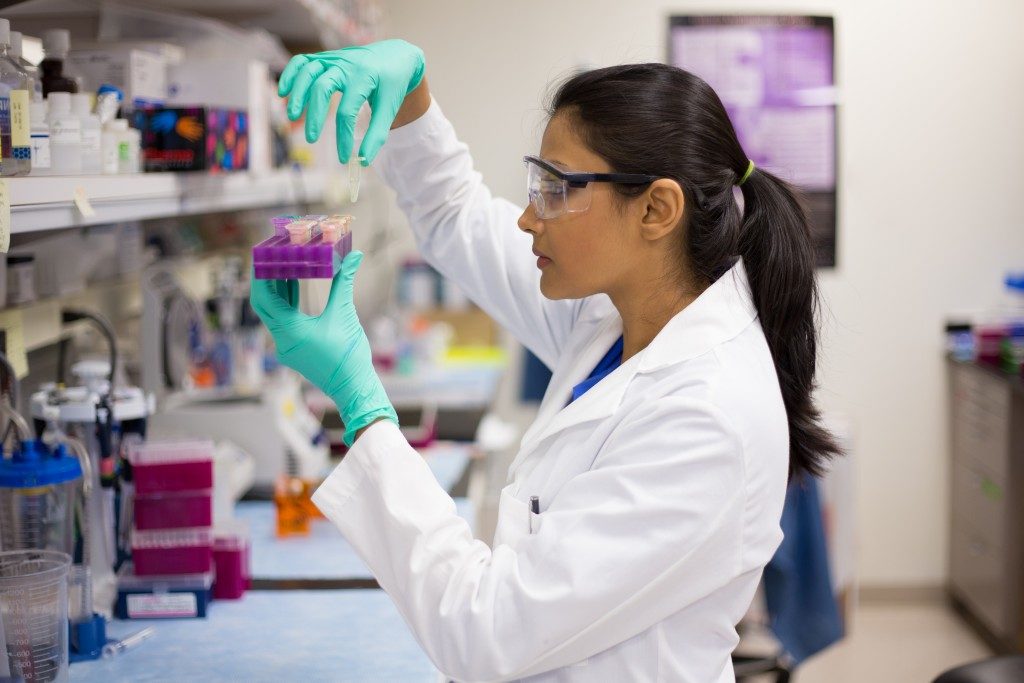Clinical research and trials have reputations that are blown way out of proportion. You won’t get rich just by joining a few, and you certainly won’t have to undergo tests if you’re unwilling. In this day and age, clinical trials are regular undertakings, but misconceptions (both good and bad) continue to surround them.
The Good
Participating in a clinical trial allows you to be an active part in the advancement of medicine — whether it fails or succeeds. You’ll get adequately compensated if you join a paid trial, giving you extra spending money for doing practically nothing. Most states have a lack of volunteers on tests that cover a wide array of medicines, treatments, and conditions. Miami is an exception, with most of its trials focused on senior-centric concerns. It won’t be hard to find a local clinical trial or one where you’re qualified to participate. You’ll get more money if the experiment requires you to stay in one place for long periods, but most trials only require regular visits and monitoring. Those regular check-ups can catch conditions that you’re not even aware of, and some of these check-ups and tests can cost hundreds of dollars. If the trial succeeds, you would have helped develop medication or treatment for a disease or condition that you’re already suffering from and subsequently benefit from more testing.
The Bad
Any clinical trial will involve some risk of side-effects. Every clinical trial is required to minimize any potential harm to participants, so most of these side-effects will be relatively minor. However, if you have any undiagnosed allergies, the side-effects might be problematic, but you would be monitored during the course to prevent these kinds of incidents. You also have no control over how you get grouped, so you might just be getting a placebo instead of the actual medication or treatment (which can be a good thing if you’re healthy). While participating in clinical trials are great if you have time to spare, it might make a mess of your schedule if you’re busy, as constant check-ups, follow-ups, and additional monitoring might require you to come in for a visit at unexpected times.
The Misconceptions

You won’t be putting your health on the line in any clinical trial. Some people believe clinical trials are nefarious grounds for experimenting on actual people, but these trials are regulated by multiple government and private entities to ensure the safety of the participants and the accuracy of the gathered data. You will never be tied to any given study. Any time you want to opt-out of a trial — for whatever reason — you can do so. You won’t be forced to finish a test, or even return compensation that has been already given. On the other hand, not every successful clinical trial will be world-changing. Most trials will focus on making medication or treatments more efficient, zeroing in on the finer details instead of making revolutionary discoveries.
A clinical trial isn’t something to fear or glorify. There are no dangerous procedures or world-changing research (for the most part), just systematic and safe trials that slowly inch medical knowledge even further.

